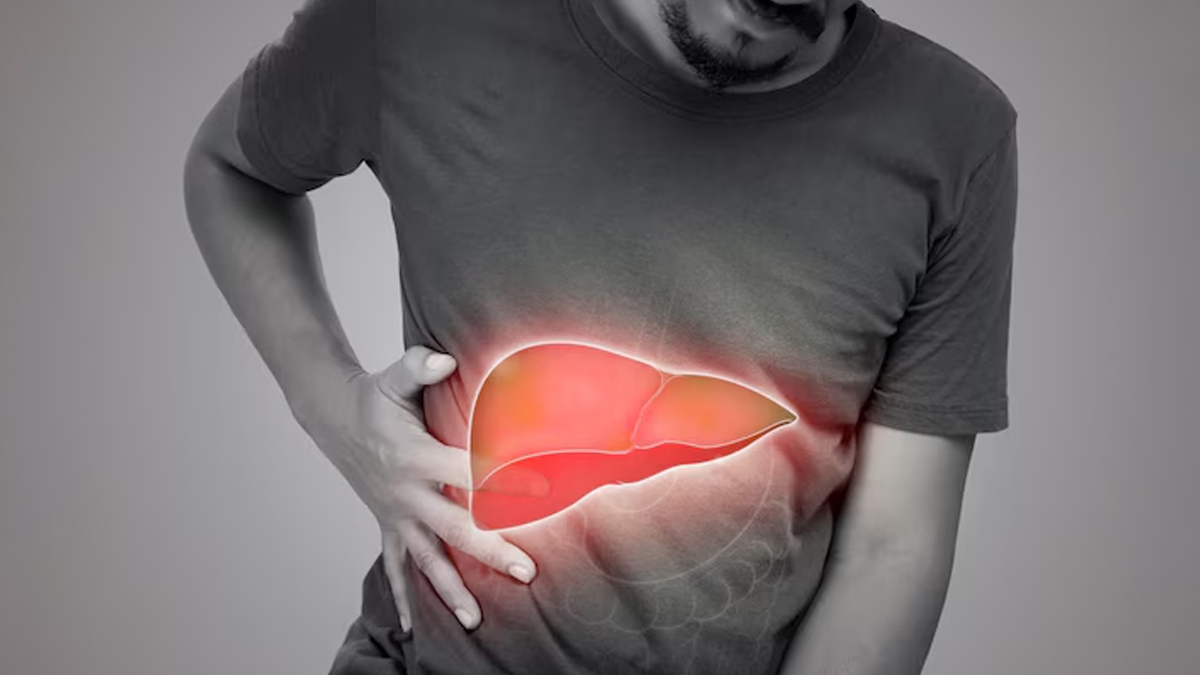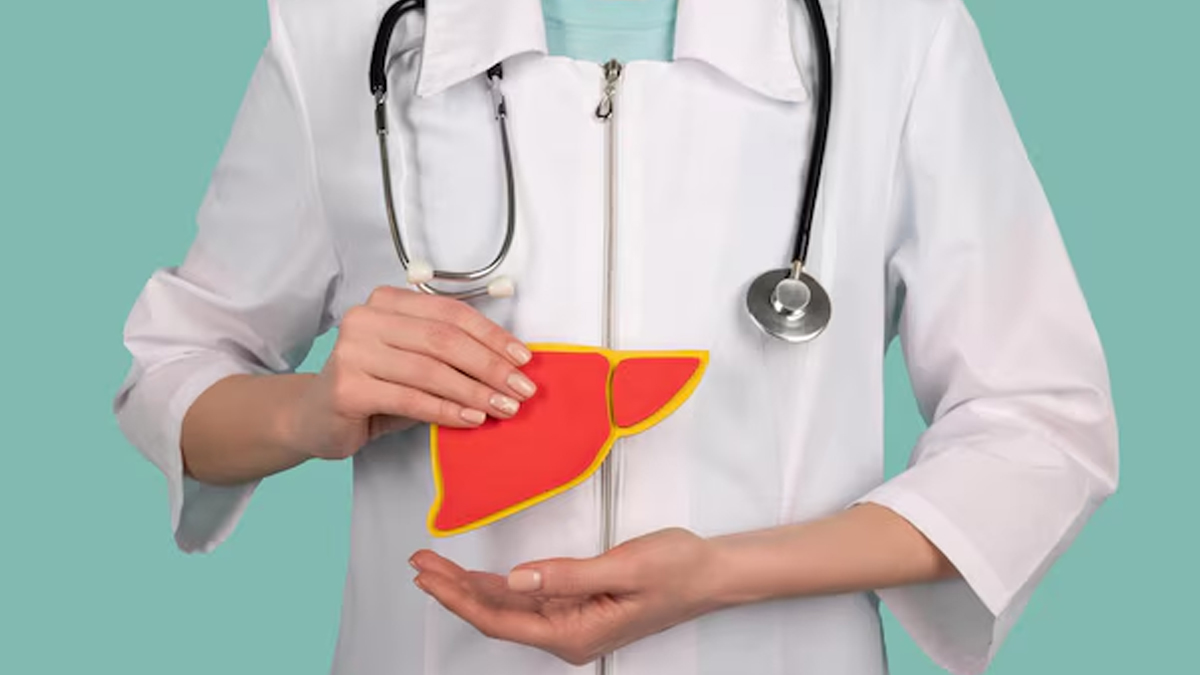-1742890626985.png)
The entertainment world was stunned by the sudden passing of Manoj Santoshi, the beloved writer of 'Bhabhiji Ghar Par Hain', who succumbed to liver failure at just 49. Tragically, his death came as he awaited a life-saving liver transplant, a procedure he never got to undergo. Santoshi had been quietly battling chronic liver complications for some time, with his condition deteriorating rapidly in his final days.
Table of Content:-
Family sources reveal the writer had been struggling with worsening health issues before suffering a fatal decline. What makes his death particularly heartbreaking is how liver disease often progresses silently, showing few warning signs until the damage becomes severe.
Early Warning Signs Most People Miss

Fatty liver disease often develops silently, with many individuals unaware of the damage accumulating in their liver until serious complications arise. Dr Balakrishna S, Consultant - Gastrointestinal Surgery, Manipal Hospital, Bengaluru, warns, "Fatty liver disease (medically called hepatic steatosis) involves dangerous fat buildup in liver cells. Without intervention, it can progress to cirrhosis and irreversible liver damage."
Silent Symptoms You Should Never Overlook
Typically fatty liver in its early stages has no noticeable cues although the first warning signs start to manifest.
- Fatigue without an obvious cause means your liver is under stress.
- Mild Abdominal Discomfort – Dull ache in the upper right abdomen (liver area)
- Slight Swelling in Legs/Ankles – Early fluid retention due to liver dysfunction.
- Fatty liver causes metabolic perturbations which result in sudden changes in your weight.
- Skin Changes – New redness on palms (palmar erythema) or visible spider veins.
ALSO READ: Does Black Coffee Help Fatty Liver? Expert Explains How 2–4 Cups Without Milk or Sugar May Help
How to Protect Your Liver?
-1742890852938.jpg)
Your liver works tirelessly to detoxify your body, process nutrients, and fight infections. Yet most people neglect it until problems arise. The liver continuously performs detoxification functions while breaking down nutrients and protecting your body from infections. Follow these steps to keep your liver healthy and prevent diseases like fatty liver, cirrhosis, and hepatitis.
1. Limit Alcohol Consumption
Why it matters:
- One hour is the maximum time the liver requires to break down a standard drink.
- Heavy alcohol use results in liver damage through fat accumulation along with inflammation which eventually causes permanent scarring (cirrhosis)
Action step:
- Men: Max 2 drinks/day
- Women: Max 1 drink/day
- Have 3+ alcohol-free days weekly
2. Maintain a Liver-Friendly Diet
Best foods for liver health:
- Kale and spinach along with other leafy greens offer antioxidants which work to deactivate harmful substances.
- Nuts combined with seeds provide elevated concentrations of vitamin E for liver cell protection against damage.
- The omega-3 content in fatty fish species such as salmon and mackerel helps decrease liver fat accumulation.
3. Exercise Regularly

- The recommendation includes 30-minute brisk walking sessions or cycling at a moderate intensity which should be performed five times each week.
- Physical exercise helps your body eliminate triglycerides while minimising liver fat deposits.
4. Stay Hydrated
- Drink 8-10 glasses of water daily
- Helps flush toxins through bile production
- You should add lemon as it provides vitamin C which supports enzyme detoxification.
5. Get Vaccinated
Essential vaccines:
- Hepatitis A and Hepatitis B infections together have the ability to trigger liver failure.
- Preventive measures become vital when travelling often.
ALSO READ: What Is Grade 3 Fatty Liver And What Should You Do If You Are Diagnosed With It
Conclusion
Manoj Santoshi's death showed how liver disease advances unnoticed until it becomes too late which emphasises the need for early disease detection. Timely medical interventions and lifestyle changes allow people to avoid developing preventable liver diseases. Pay attention to ongoing fatigue along with stomach issues or unexpected weight fluctuations because they are not normal. People should arrange for liver function testing while cutting back on their alcohol consumption along with monitoring their condition carefully.
Also watch this video
Read Next
Rapidly Mutating H5N1 Bird Flu Poses New Threat: Experts Warn Current Vaccines May Fall Short
How we keep this article up to date:
We work with experts and keep a close eye on the latest in health and wellness. Whenever there is a new research or helpful information, we update our articles with accurate and useful advice.
Current Version